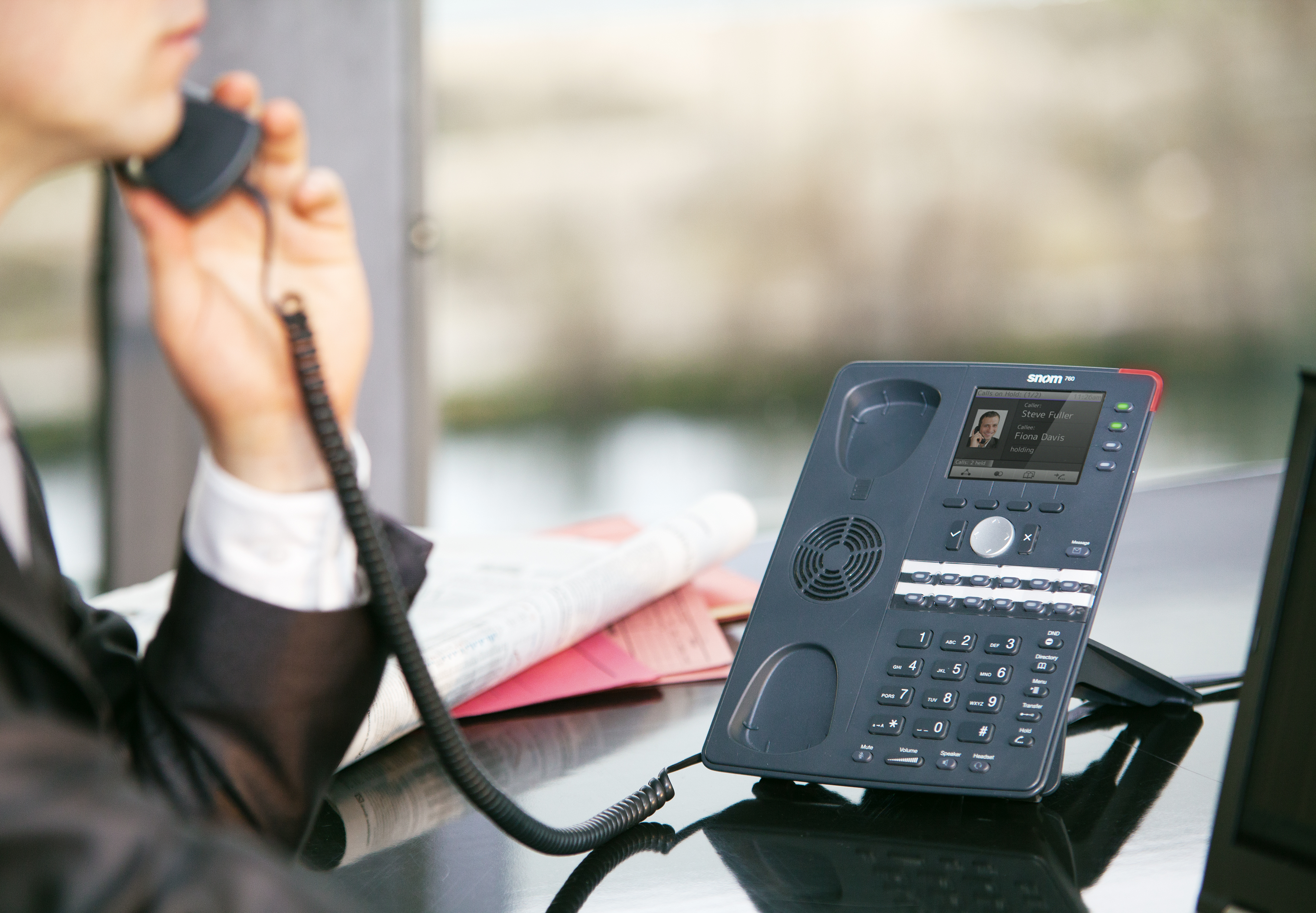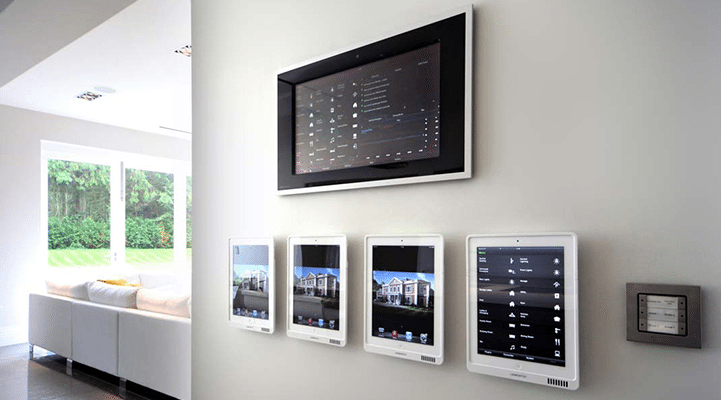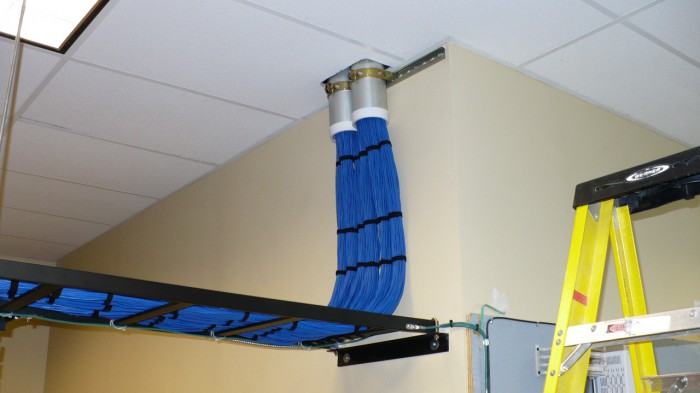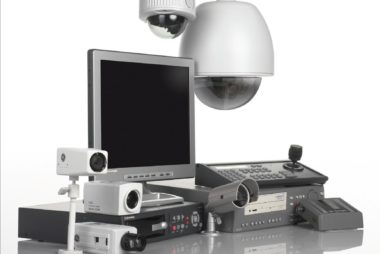Voice Over IP
More and more businesses are switching to VoIP (Voice over Internet Protocol) for their phone service. VoIP enables multiple sites to share one phone identity with the outside world. It makes extensions in all locations look and act like physical extensions of one in-house PBX (telephone switch) and allows a centralized (human or automated) attendant to answer and route calls.
By leaving this functionality to a host machine in the cloud, subscribers a) avoid capital commitment and upgrade responsibility and b) get built-in disaster recovery; should some event prevent employees from coming into work, VoIP's location independence, just like email, enables workers to answer their calls from any broadband connection.
Intercom System
The best wireless security systems are secure, easy to install and affordable. They can include home automation features if you want additional convenience and security. Add on a monthly monitoring package to make sure your family and home are protected at all times, whether you’re at home or not
Pros and cons of wireless home security systems
Unlike wired security systems that run through your phone lines and can require more extensive installation, wireless systems can be installed in a matter of minutes as a quick and painless DIY project. “Convenience is the major reason people switch to wireless,” says Du, and it’s hard to argue against a 10-minute setup when the wired option requires professional installation of wires underneath your house.
However, convenience doesn’t necessarily come with added security. Going from wired to wireless security means potentially exposing yourself to outside attacks if you don’t do it right. “You don’t need to enter a house to cut the wire with wireless,” the way you would with wired security, warns Du. Without taking the proper security precautions, you could be leaving your home open to intruders who can jam your system and enter your home without your sensors picking up their presence
Installations
Duties of Line Installers and Repairers
Telecommunications line installers and repairers typically do the following:
- Install, maintain, or repair telecommunications equipment
- Inspect or test lines or cables
- Lay underground cable, including fiber optic lines, directly in trenches
- Pull cables in underground conduit
- Install aerial cables, including over lakes or across rivers
- Operate power equipment when installing and repairing poles, towers, and lines
- Drive work vehicles to job sites
- Set up service for customers
A complex network of physical power lines and cables provides consumers with electricity, landline telephone communication, cable television, and Internet access. Line installers and repairers, also known as line workers, are responsible for installing and maintaining these networks.
CCTV Systems
Before shopping for a home security system, you have to decide what level of protection you need. Do you want to set up a few security cameras to capture activity while you’re away from home? Or do you need a professionally monitored home alarm system that will alert the authorities in the event of a break-in?
24/7 monitoring of your home can give you peace of mind in the event of a home invasion, fire or other emergency. Our guide will help you decipher which home security system is best by comparing alarm system prices, home security plans and overall customer satisfaction across the best home security companies on the market today.





